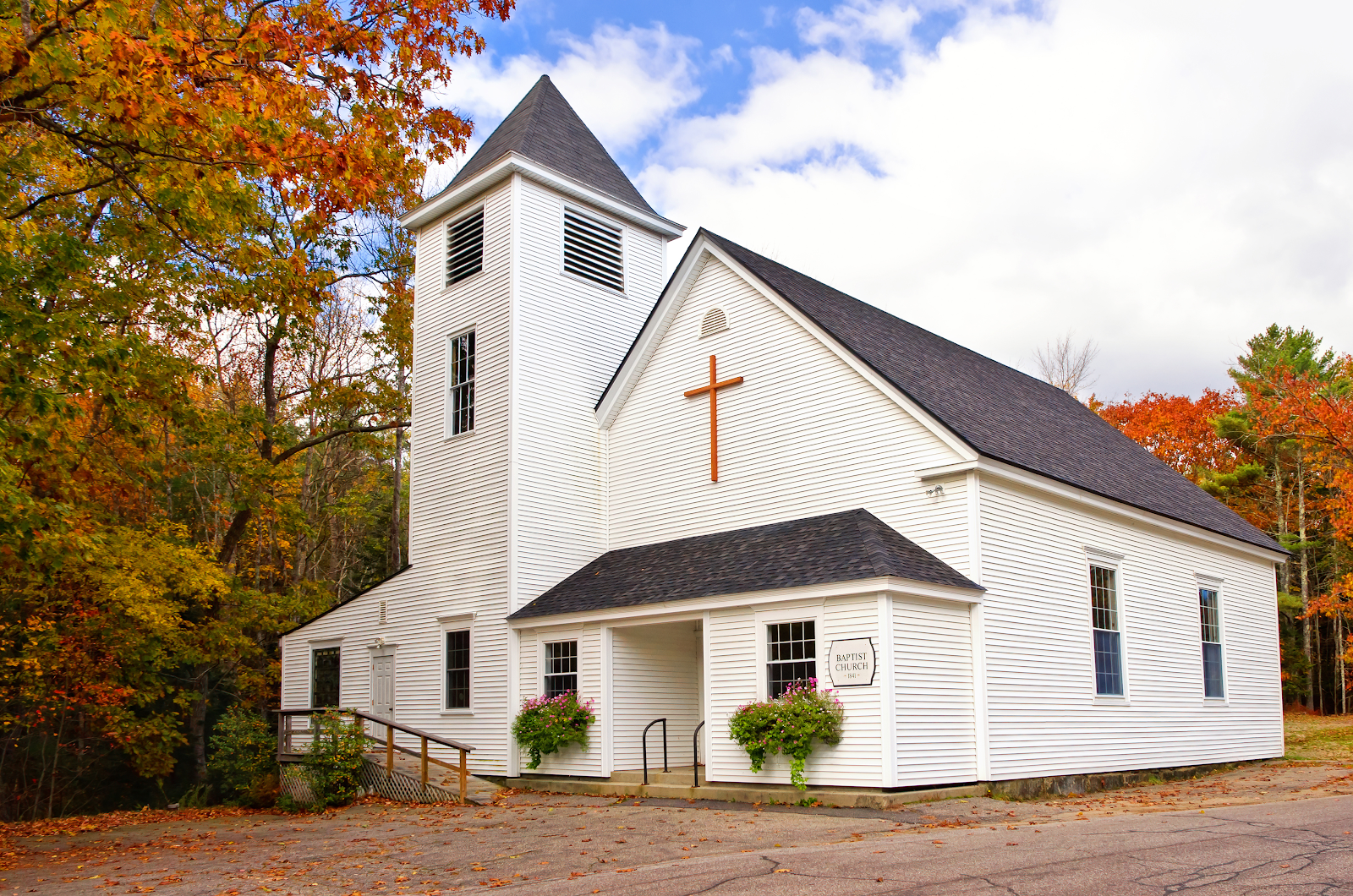For decades now in American Christianity we have become intoxicated with the idea that “bigger is better.” The mega-church model is the target that ministry leaders have been shooting for – bigger budgets, multi-campuses, a deeper pool of talented musicians, large numbers of converts, and charismatic pastors that often border on celebrity status.
The tendency among many pastors is to base their self-worth on the size of their congregation. Some ministers feel “less than” or even failures if they don’t climb to the top of the coveted pedestal of mega-church. Obviously, this is wrong and even sinful to the extent than ministry can become an idol by which we measure our value.
I’m not knocking the mega-church. There is certainly a place for them in the big picture of the body of Christ, but the reality is that most churches are small. According to a 2020 Faith Communities Today study, about 380,000 churches dot America’s landscape. Of that number, roughly 1,500 are considered megachurches that average 2,000 or more people each weekend. But that same survey revealed that half of U.S. congregations have 65 people or fewer.[i]
When we study the growth of the church in the New Testament, we see a similar distribution. Jesus started with just 12 disciples, and by the end of His ministry the following was up to 120 (Acts 1:15). On Pentecost and after, the church experienced times of explosive growth – 3,000 baptized on “birthday” of the church (Acts 2:41) and 5,000 added as Peter and John’s ministry gained traction in Jerusalem (Acts 4:4). But those times of miraculous expansion were tempered with persecution (Acts 8:1, 4) and small church plants in pagan cities. In some cities like Joppa, Antioch, Derbe, and Lystra believers were “multiplied” with encouraging results (Acts 9:42, 11:21, 14:21, 16:5). But in other places, those who came to Christ were limited to households and smaller numbers (Acts 10:48, 16:15, 16:33, 17:34, 19:5).
The point is this – when it comes to ministry, size doesn’t matter and numbers aren’t the final measuring stick. What God is looking for is faithfulness to the Gospel and disciple making. Sometimes the apostles experienced a bountiful harvest, other times it was few converts along with persecution, imprisonment, 40-miles of bad road and even shipwreck. A smaller church doesn’t mean it’s a failure in Christ’s eyes and a big church doesn’t mean it’s a success. The metric we use to measure church health shouldn’t be just numbers, we must also look at methods, community context and a commitment to preach the full Gospel.
Moreover, there are positives and negatives that come with each. For example, not everyone is looking for cutting edge worship music and wanting to get lost in the crowd. I have known several who joined the church because they said, “I went to church XYZ and it was just too big. I felt like a little fish in an ocean, and I could never build a relationship with the pastor.” Bigger churches may be able to offer more, but it can be difficult to create community; while smaller churches may lack resources, they can feel more personal, authentic and friendly.
As Robert J. Morgan wrote, “In a big world, the small church has remained intimate. In a fast world, the small church has been steady. In an expensive world, the small church has remained plain. In a complex world, the small church has remained simple. In a mobile world, the small church has been an anchor. In an anonymous world, the small church calls us by name.”[ii] -DM

No comments:
Post a Comment